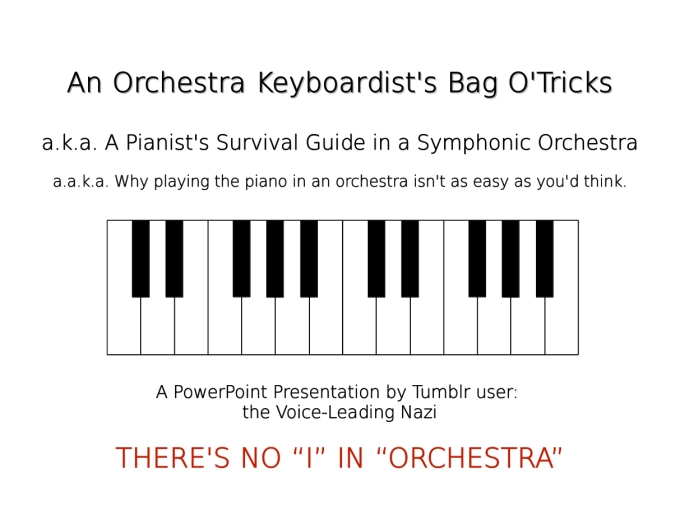Not making enough progress in the practice room? Maybe the problem is that you’re practicing for too long–on one thing, that is. In this article on the Bulletproof Musician, Dr. Noa Kageyama explains how a study on practice techniques for baseball players reveals that practicing should be done in very short chunks of time, switching back and forth between multiple tasks, rather than in one long, singularly focused block of time.
In a 1994 study by Hall, Domingues, and Cavazos, elite baseball players were assigned to either the blocked or random practice schedules discussed above. After twelve practice sessions, the baseball players in the random practice schedule hit 57% more of the pitches than when they started. The blocked group only hit 25% more of the pitches, meaning that the random practice schedule was almost twice as effective, even though the two groups hit the same number of practice pitches.
